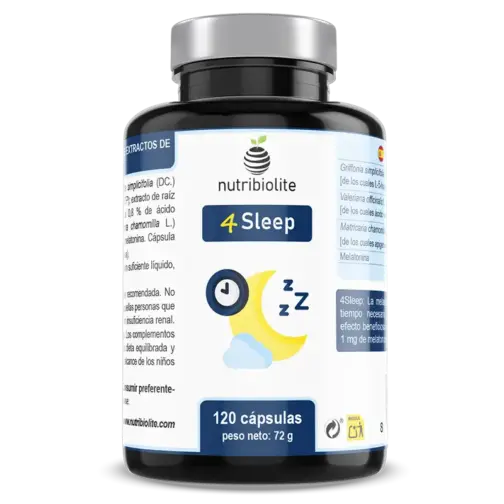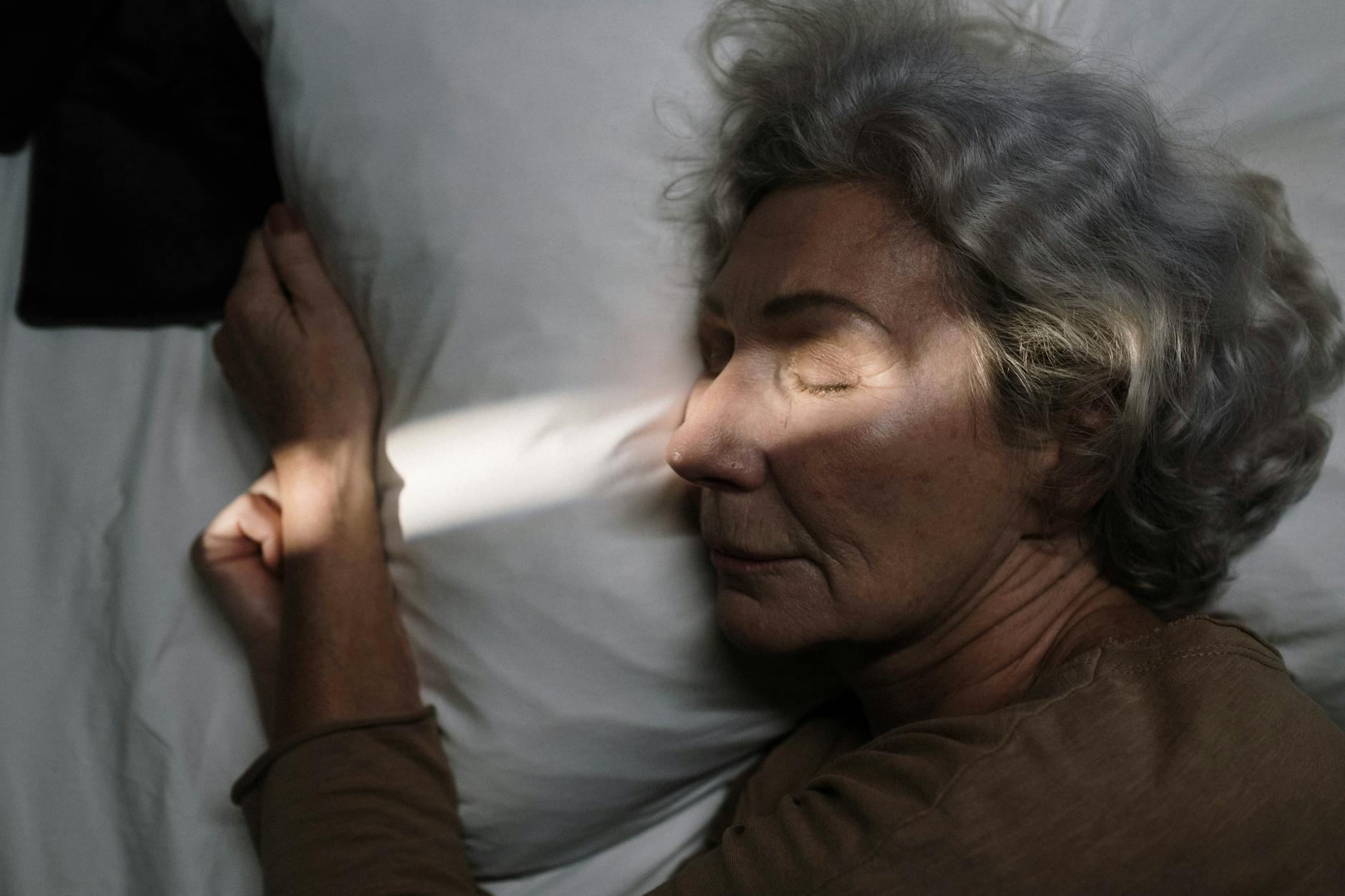Does taking melatonin really improve sleep? A randomised clinical trial published in JMIR Formative Research in September 2025(study in JMIR formative research 2025) assessed the impact of melatonin supplementation in adults with habitual sleep difficulties. The study, conducted by the Feinstein Institute (USA), included 60 participants who tested doses of 0.5 mg and 3 mg melatonin versus placebo for 12 weeks, using sleep watches (Fitbit) and personal diaries.
The results were clear: no significant improvements in either sleep duration or sleep quality were observed when comparing the different doses of melatonin with placebo. Satisfaction with the process was high, but the effects on actual sleep, both measured by devices and self-reported by participants, remained within the normal range. The research points out that the average effect is small and does not vary much between people. The authors recall that previous studies have shown only modest benefits or in very specific cases such as jet lag or sudden changes in routine.
This work was funded by the US National Library of Medicine and has no commercial conflicts of interest.
What this means for your nights and your routine
In real life, these results suggest that supplemental melatonin may not be a magic bullet for better sleep if your rhythm is already reasonably aligned. The small changes observed (less than five extra minutes of sleep per night) are not considered clinically relevant. However, research does confirm that establishing a stable night-time routine, preparing the environment and taking care of pre-bedtime habits is still the most effective way to promote natural rest.
Melatonin and the circadian cycle, allies only when necessary
Melatonin is a key hormone that regulates the body’s internal clock. Its production rises when the light falls and signals that it is time to rest. But factors such as prolonged stress, long journeys, night shifts or age can cause this signal to weaken. In these specific cases, external support may make sense, but at safe doses(1 mg before bedtime, as recommended by the European Food Safety Authority).
Not everyone responds to supplements in the same way. According to data from the study cited above, even higher doses (up to 3 mg) did not offer an advantage over placebo in people with usual problems but without extreme cycle disturbances.
Night-time habits, dim light and light suppers, the real sleep regulators
Getting a good night’s sleep starts long before going to bed. Evidence shows that turning down bright lights an hour before bedtime, avoiding blue screens, having a light dinner and keeping regular schedules are the factors that most influence restful sleep. Foods rich in tryptophan, such as nuts or oats, provide natural precursors for your body to make its own melatonin during the night.
When does physiological support like 4Sleep make sense?
At times when the internal clock slows down, such as with prolonged stress, long journeys or hormonal changes, external support can make sense. 4Sleep, developed by Nutribiolite, follows the physiological logic highlighted by both recent studies and European recommendations. It combines melatonin (1 mg), recognised by scientific evidence as a sleep-inducing adjuvant, with 5-HTP extracted from Griffonia simplicifolia, which enhances the natural synthesis of serotonin and melatonin. Added to this are standardised extracts of valerian and chamomile, plants with a proven relaxing action that do not generate dependence or residual drowsiness. Thus, while melatonin acts as a physiological trigger for sleep onset, the other components provide a synergy that promotes relaxation and the balance of the sleep-wake cycle, making this formula more complete than supplements based on melatonin alone.

Melatonin 1 mg and 5-HTP with relaxing plants.
Frequently asked questions about melatonin, rest and 4Sleep
What makes 4Sleep different from other melatonin-only supplements?
4Sleep combines melatonin (1 mg), plant-based 5-HTP (direct precursor) and standardised valerian and chamomile extracts. This supports both sleep onset and physiological relaxation without causing dependence or daytime sleepiness.
When does it make sense to use a melatonin supplement?
It makes sense when there are factors that disturb your internal rhythm such as sustained stress, long journeys or changing shifts. If you maintain good habits and still find it difficult to sleep well, a product such as 4Sleep can accompany this physiological process.
Does it produce dependence or a morning hangover?
No. The dosage is in line with European recommendations (1 mg). It contains no hypnotics or chemical sedatives. Its ingredients support the natural cycle without blocking the body’s own mechanisms.
How long does it take to feel the effect?
A smoother transition to rest is usually noticed between the second and fourth week with regular use. Maintaining healthy night-time routines enhances this gradual effect.
What precautions should I take when combining it with medication or illness?
It is not a substitute for medical advice and is not indicated for minors or pregnant women. If you are taking regular medication, always consult your healthcare professional before taking any new supplement.
This content is informative and does not replace the advice of a health professional.
















